“Now, it’s my greatest pleasure to introduce the man of the hour himself,” senior and Student Government Association (SGA) President Mariam Mahmoud said in front of an audience of students, educators, and government officials — making way for the man clad in a crisp navy blue suit to come forward.
On Thursday, Sept. 5, Pennsylvania Gov. Josh Shapiro visited Emmaus High School to ceremonially sign the 2024-25 Pennsylvania Education Budget, which made new provisions for special education funding, building maintenance, and student teacher stipends, among several other measures.
“This budget builds on our progress investing in student teacher stipends, mental health resources, and school environmental repairs — while we also improve how school funding is allocated with a new formula that drives dollars out to the schools who need it most,” Shapiro said during a press conference in the EHS Library.
Student Government Association members, Class Officers, Superintendent Kristen Campbell, School Board President Joshua Levinson, other East Penn administrators, and lawmakers attended the bill signing.
Senior Mariam Mahmoud, Student Government Association President, gave a speech directly preceding Shapiro’s, describing her own experiences as a student in East Penn.
“Many of you may not know this, but I was initially planning to homeschool after my freshman year, as I would have preferred to teach myself everything,” Mahmoud said in her remarks, praising the resources East Penn provides. “At that time, I was unaware of the community and family I would come to be a part of here at Emmaus High School”
Shapiro chose EHS, among several other Pennsylvania schools, to hold a signing ceremony to promote the Pennsylvania Budget, which he signed into law in mid-July.
Social studies teacher Eric Luckenbill, who gave a precursory speech before the governor’s, also stressed the importance of teaching students civics and equal opportunity being extended to all students.
“It’s very advantageous to all school districts in Pennsylvania,” Luckenbill said. “So I thought it was very profound that school districts like us that are in pretty good standing, we’re still going to get the funding we need and deserve, but other schools are also going to get that extra help to help build them up as well.”
The $47.6 billion budget marked a historic change — with the education budget receiving a total of $11 billion, a $1.1 billion increase from last year. These funds include an increase of $225 million to basic education, a further $100 million for special education, as well as a $100 million allocation for initiatives protecting students’ mental and physical well-being. East Penn will receive a total of $24.7 million, a $2.7 million increase from last year.
A driving force behind the new budget was inequitable funding across Pennsylvania school districts. In 2023, the Pennsylvania Supreme Commonwealth Court ruled that the state’s public education funding formula was “inequitable and unconstitutional.” In response, the new budget dedicates over $500 million to bridge the gap between Pennsylvania’s biggest school funding disparities. The budget aims to achieve this goal through an “adequacy supplement” of $493.8 million and an additional “tax equity supplement” of $32 million.
Notably, in his former role as Pennsylvania Attorney General, Shapiro assisted the plaintiffs in their case against the state, arguing that the school funding system was in fact unconstitutional — a position his predecessors disagreed with.
“In came the Attorney General, who argued on our behalf in soaring words, that all children in this Commonwealth were entitled to a comprehensive, effective, and contemporary public education, and that children were being deprived of that right because of the way we fund our public schools,” Dan Urevick-Ackelsberg, senior attorney at the Public Interest Law Center in Philadelphia, said at the press conference. Urevick-Ackelsburg was one of the attorneys who successfully argued the case alongside Shapiro, having worked on the lawsuit since 2014.
While the new budget will help school districts in lower-income, underserved areas, it is important to note that many of these districts still rely heavily on local as opposed to state funding. According to the Pennsylvania School Board Association (PSBA) 2024 State of Education Report, Pennsylvania has one of the most disproportionate amounts of funding coming from local governments, with only four other states in the nation relying more heavily on local funding.
East Penn receives the majority of its funding from local government, as do all school districts in Lehigh County apart from Allentown City School District, according to PSBA.
“There was such a demand on local taxpayers [across Pennsylvania], we needed to make sure that the state stepped up,” Shapiro said, commenting on these discrepancies in equity. “64 percent of the education budget is going to the districts that need it the most.”
In addition to helping lessen the divide between areas with the largest disparities, the new budget is expected to help settle other issues, such as teacher vacancies. PSBA reported staffing shortages as the second most reported issue within school districts this year.
“The problem is, we don’t have enough people going through the process of being educated to be teachers, and those who do go through the process, we set up so many barriers that make it harder for them to get into the classroom,” Shapiro said. He went on to explain he thinks part of the problem is that student teachers are unpaid in Pennsylvania, and this presents a major challenge to those training to be educators. To counter this, the budget appropriates $20 million for student teacher stipends — a continuation of the program implemented since 2021 — and Shapiro announced plans to continue to increase that amount in the future.
However, the budget omits one issue plaguing school districts across Pennsylvania, including East Penn: overcrowding. Although funding and grants have been allocated for causes such as building repair and maintenance, no such provision exists specifically to provide for schools unable to handle their growing student population.
Despite the lack of a specific allocation, the new budget has allowed funding for districts to realign and in some cases, expand. East Penn Superintendent Kristen Campbell credited Shapiro’s budget plan with enabling the district to realign its K-8 setup, among many other district initiatives.
“The additional state revenues, which totaled almost $2 million for us, were critical in helping us in various ways, including offering a fair and competitive collective bargaining agreement for our teachers and other valued professional staff,” Campbell said. “We used a portion of these funds to transition support staff positions from part-time to full-time, and these essential members of our East Penn team support our students with disabilities in specialized programs throughout all of our schools.”
Still, the governor and his staff recognize the job is not finished. Shapiro noted that the original bill passed by the Democratic House of Representatives originally contained a seven-year commitment to bring the system into constitutional compliance. In order to pass the budget, however, that commitment was ultimately taken out of the legislation due to disagreements in the Republican-controlled Senate. Despite this, Shapiro hopes to continue to see bipartisan support for education in Pennsylvania in the coming years.
“We all came together,” Shapiro said. “Democrats, Republicans, House members, Senate members, people inside government and people outside government. And we came up with a plan through a commission led by Chairman [Pete] Schweyer, and then ultimately through legislation. There’s nothing more important than investing in our children and their future, and we’ll continue to work together to deliver for them.”


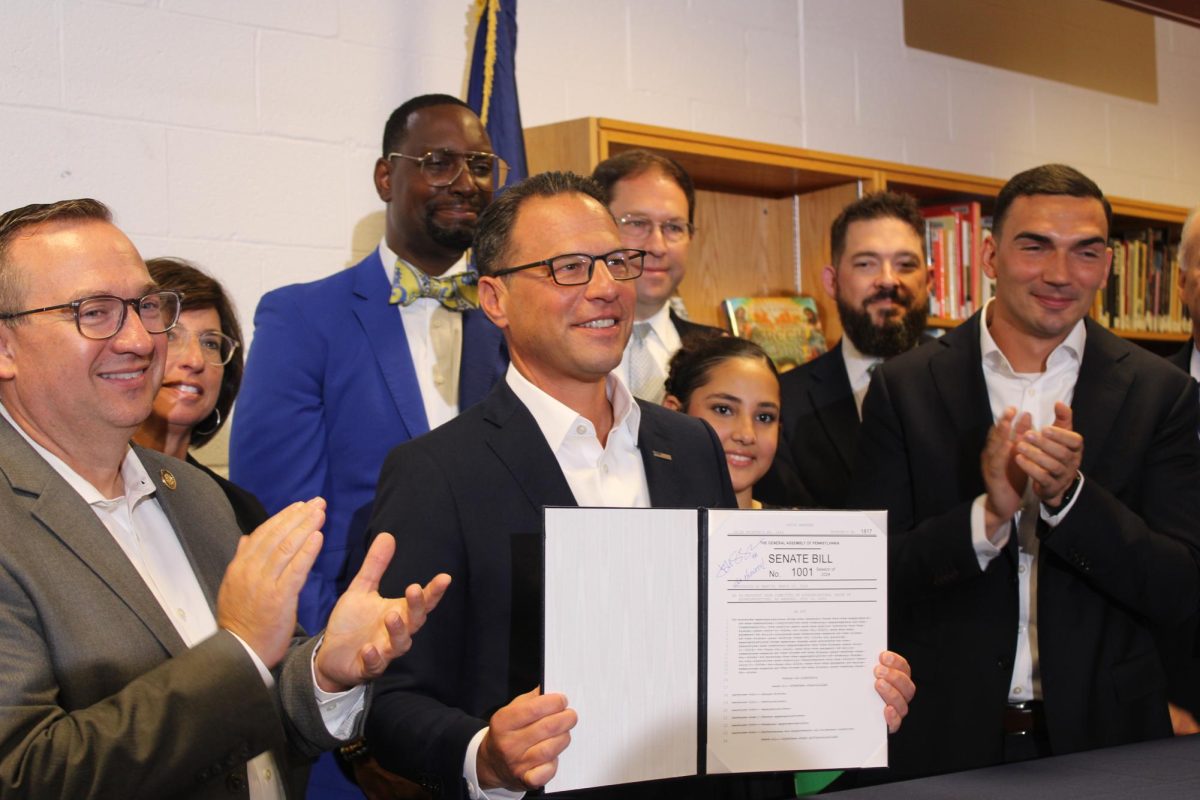
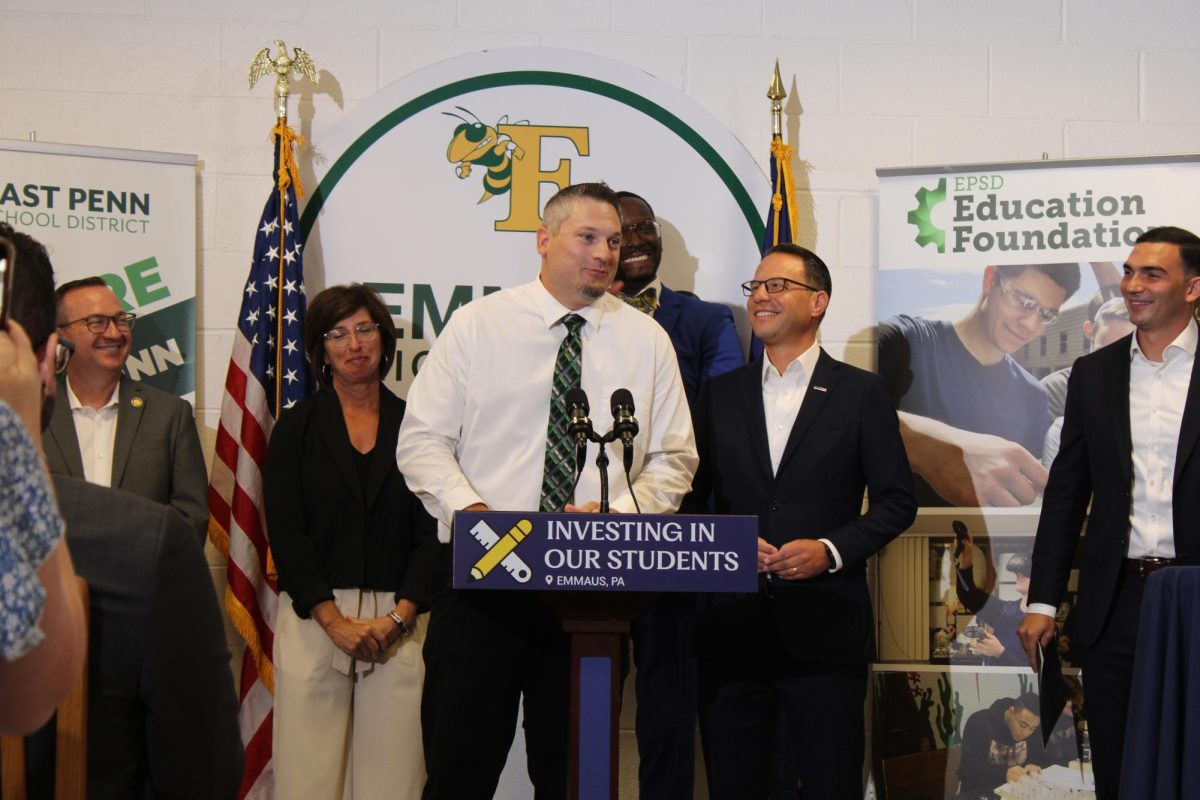


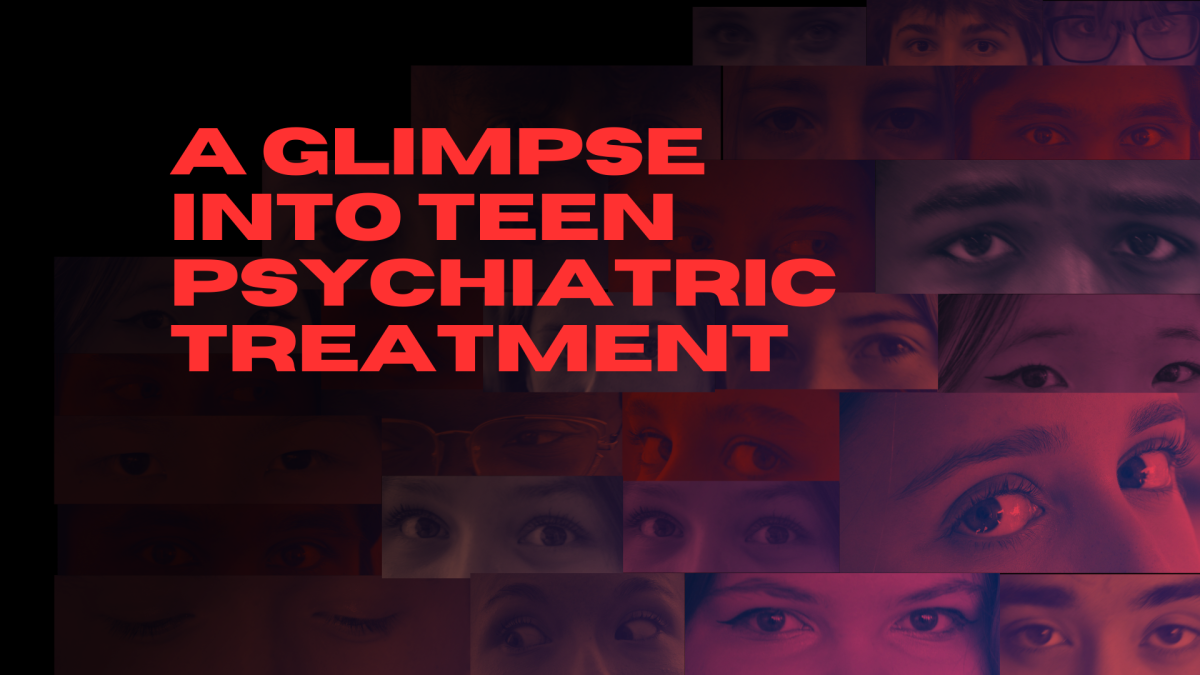
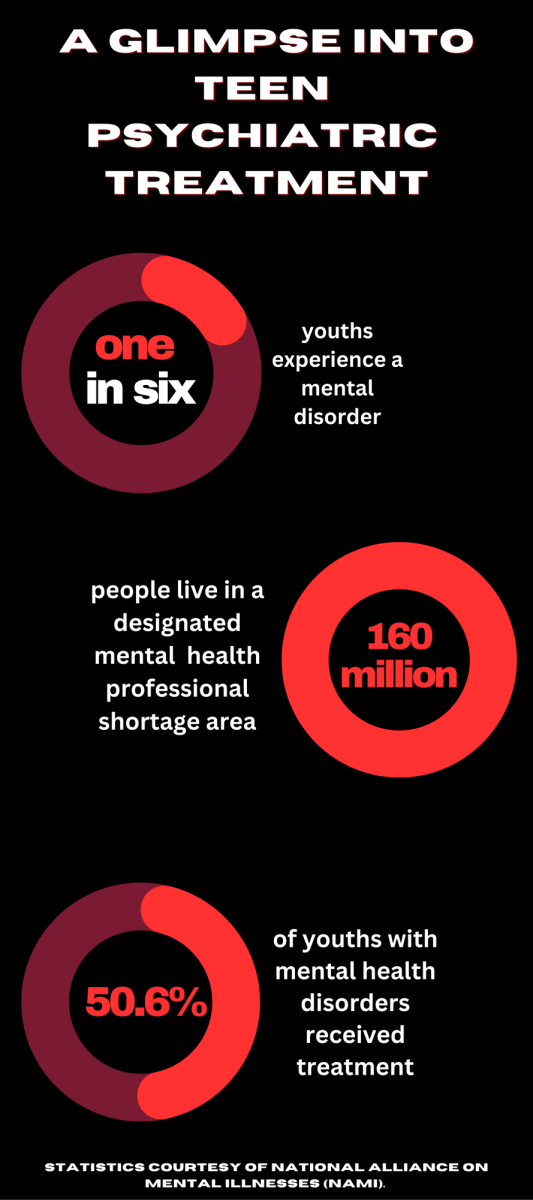
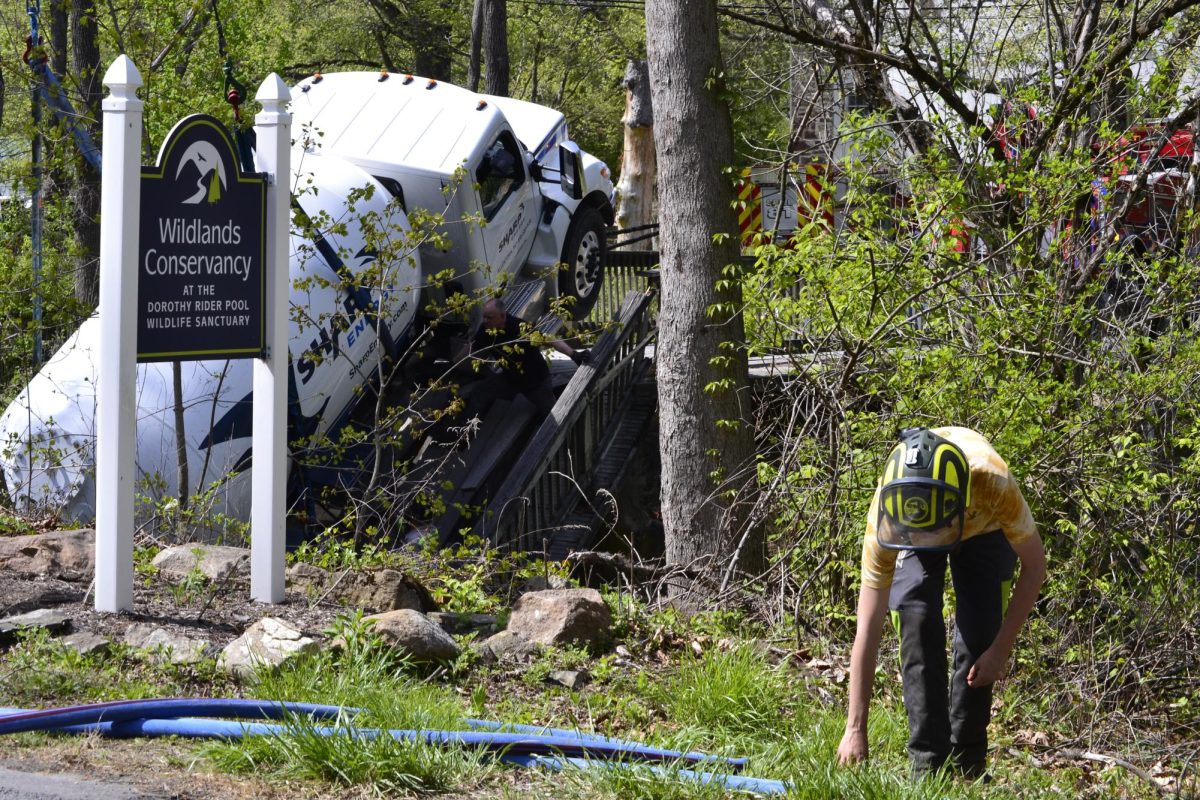


Gillian • Sep 6, 2024 at 9:37 pm
That’s my goat Ayaan 🙏
Campbell West • Sep 6, 2024 at 9:31 pm
Ayaan this is amazing!! What a piece, congrats to you, #jcamp4lyfe 🫶🏾